A juice cleanse is a special, temporary diet that people implement for a multitude of reasons. This diet is also sometimes called a juice fast. A juice cleanse is drinking only juice from fruits and vegetables to detox the body.
Juice fasting can be effective and safe, as long as people don't overdo it. Usually, a juice cleanse will last one to three days and before jumping right back to food, one must slowly ease into it. We will take a look and see what are the best foods to break a juice fast with and why.
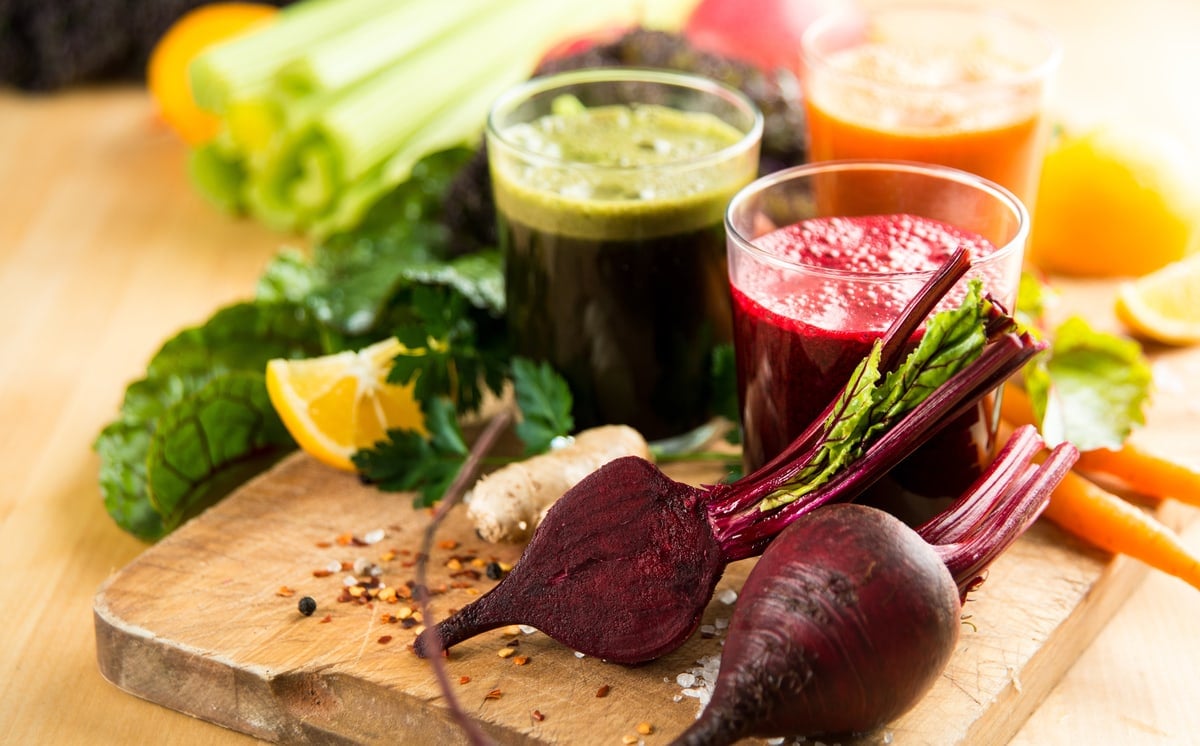
Table of Contents
Why Do People Choose A Juice Cleanse?
There are many reasons a person may choose to start a juice cleanse, but it is usually used for weight loss or to detoxify the body. Having three days of pure fruits and vegetables in the system can help reset the body, reduce unnecessary, unhealthy fats or calories, and eliminate toxins, processed foods, artificial sugars, and waste from the body. Plus, the body gets a surcharge of beneficial minerals and vitamins in a purified and refined juice. A juice fast is also used as an alternative medical treatment in some cases.
There are many types of juice cleanse programs available, including multiple juice, cleanse recipe options. While some juice fasts will include only fermented foods and fruits in the recipes, others will include smoothies and protein powder to provide more calories for the fast. Juicing recipes may also include only cold pressed juice and unpasteurized juice, giving the most amount of beneficial vitamins and minerals as part of the juice detox.
Is a Juice Cleanse Healthy?
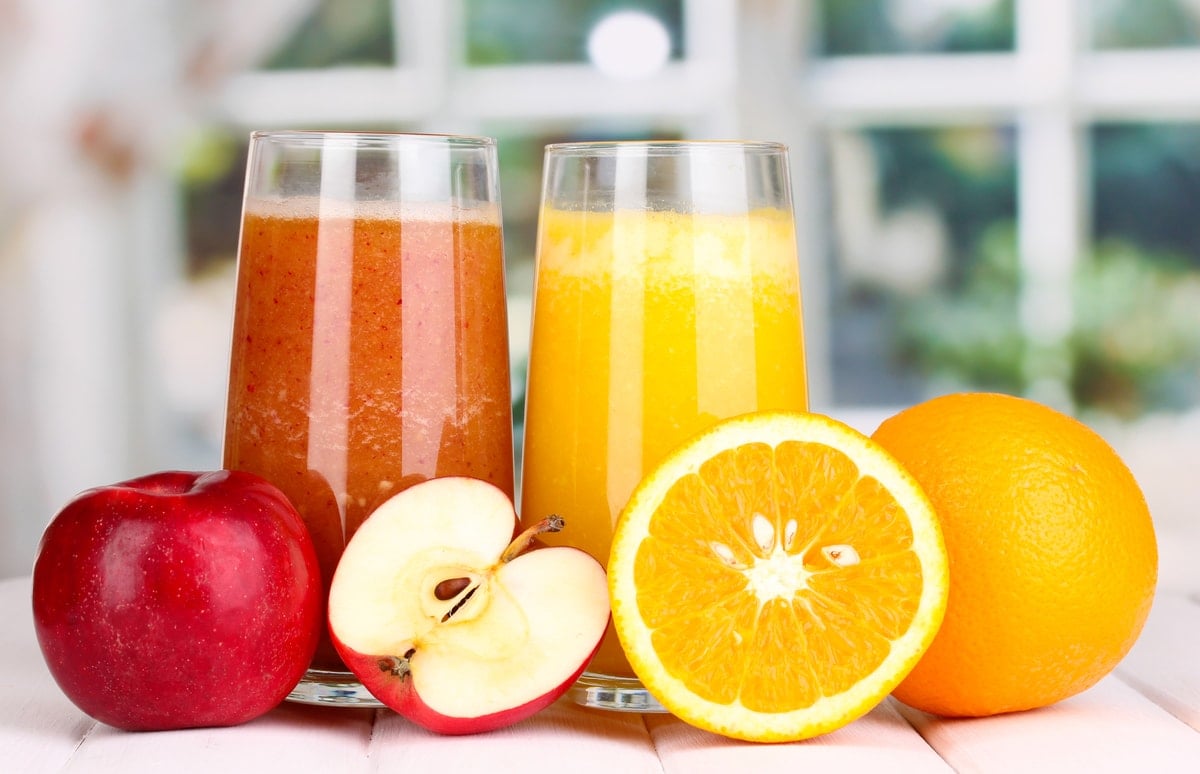
For those who believe in juice cleanses, this is a healthy and safe diet that can give your body exactly what you need. Fruits and vegetables are dense with vitamins and valuable minerals that the body requires to function. Taking fresh fruits and vegetables and pulverizing them gives the body a chance to absorb these beneficial nutrients in a high dose of calories.
Eliminating sugary foods or processed food from your diet, even for just a few days, is a way to allow the body to reset and recalibrate. Although many professionals will tout the ability to detox the body, there is just not enough research conducted yet to confirm a juice cleanse can remove toxins from the body as the body tends to detoxify by itself.
How Should I Prepare for a Juice Cleanse?
If you are ready to start a juice cleanse, you must prepare your body a few days in advance. About three to five days before starting your cleanse, you should begin to eliminate certain foods from your diet. Try to cut out meat, dairy, wheat, alcohol, and coffee. Removing these foods ahead of time will reduce the chance of severe headache or withdrawal symptoms. Before officially starting your juice cleanse, it is a good idea to increase your daily intake of fresh fruits and vegetables to prepare your body for the coming cleanse. Of course, it is a good practice to stay particularly well-hydrated ahead of the cleanse to keep your body safe and healthy.
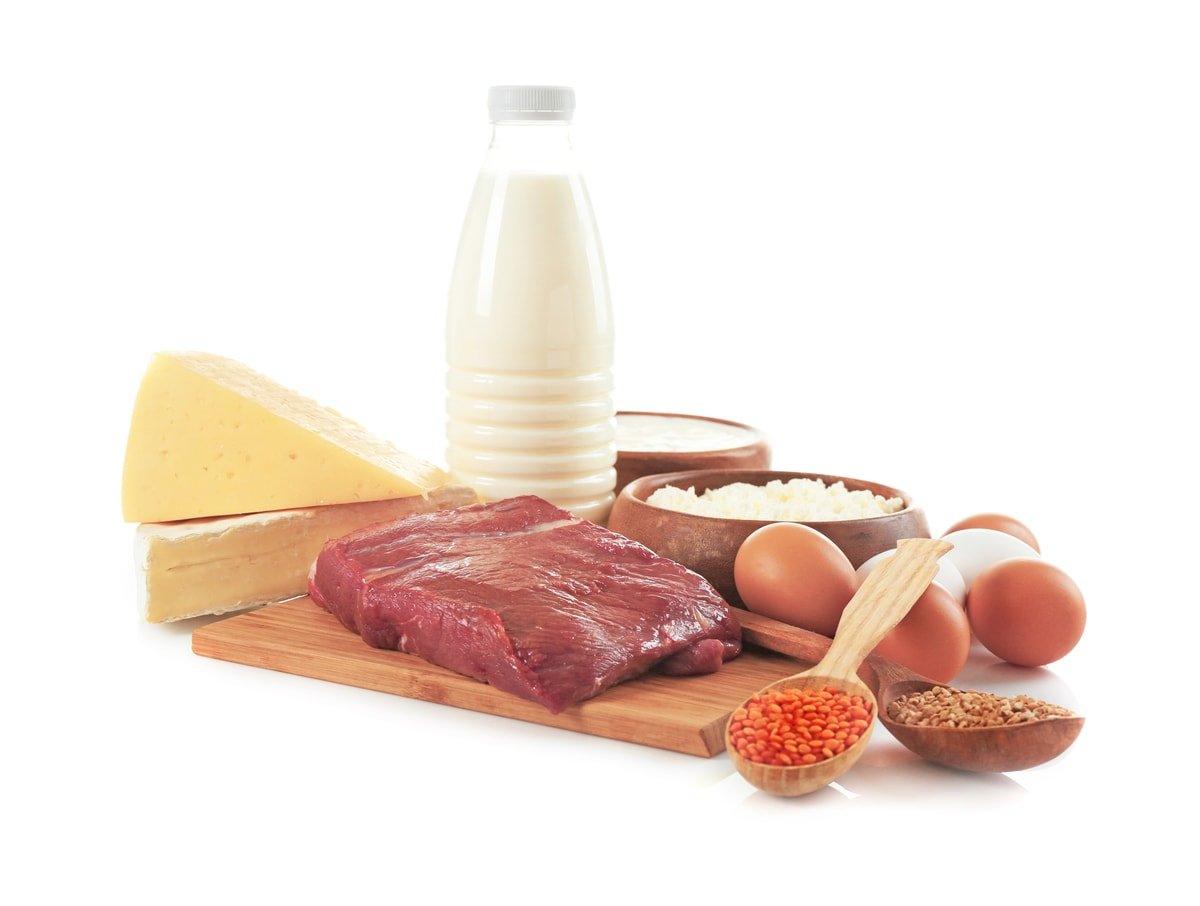
What Are the Downsides to a Juice Cleanse?
There are several health benefits associated with a juice cleanse, and the practice is mainly beneficial. However, be prepared for some downsides, too. Because this diet is extremely low calorie, many people report fatigue or low energy during the three-day cleanse. Further, the lack of caffeine and refined sugar can give people sudden headaches, dizziness, or cravings. If juice cleanses are repeated too often, they can have adverse effects on the body. The lack of calories over time can lead to muscle and bone loss as the body does not get enough protein to fuel your body and your daily functions. Many people report gaining much of the lost weight back very quickly following the completion of a juice cleanse.
After Your Cleanse
Following your juice cleanse, you need to prepare your body to accept everyday food once again. After a prolonged period of only fruits and vegetables, it can be quite a shock to your system to get proteins and fats again. Therefore, following your cleanse, you will want to ease back into your regular diet and begin eating only light foods at first.
When Should You Break Your Fast?
Most juice cleanses will last between one and three days. While some cleanses only revolve around drinking pureed fruits and vegetables, other juice cleanses can include smoothies and shakes in the diet as well. There are plenty of juice recipe ideas available online that will help to keep juice tasty, healthy, and keep you blood sugar stable. New recipes will also help to make your juice cleanse experience positive and healthy. Never extend a juice cleanse beyond three days. A 3 day juice cleanse is plenty to get the right benefits from the juicing diet.
When you are ready to break your fast, start with small and light meals. Reintroducing heavy and solid food back into your diet after three days can be a bit shocking to your system. For the first day after the fast, continue to eat mostly fruits and vegetables. Feel free to eat veggies raw or steamed. You can also start introducing some fats into your diet to start giving your body some much-needed energy.
Remember to keep portion sizes small at first. Your body has a great deal of adjusting to do, so eating a large meal at once could make your organs work overtime, causing you to feel sick. Following a cleanse, it is much better to have several small meals throughout the day. You want to be sure to avoid sugar, wheat, processed foods, dairy, and coffee immediately after your cleanse.
What Are Good Foods to Eat?
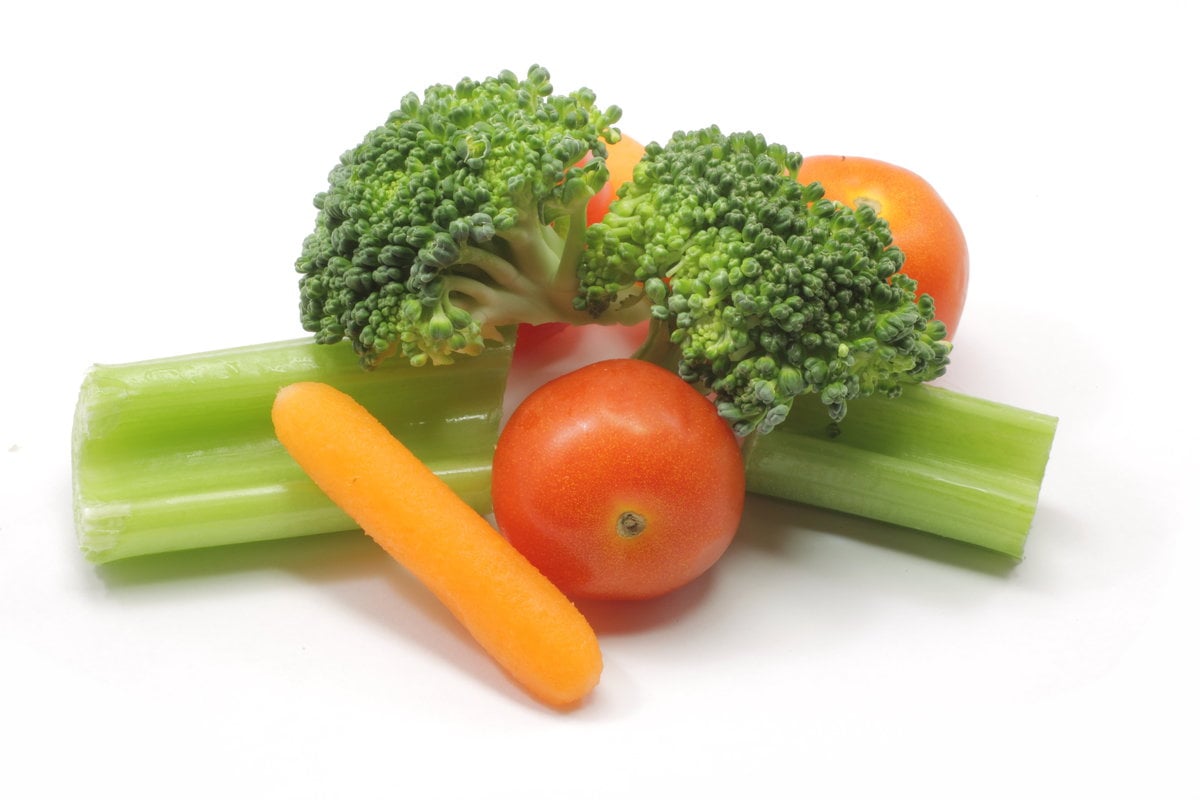
After juice cleansing, your body is toxin-free and rich in the vitamins and minerals found in fruits and veggies. Once you complete your detox diet, you need to allow your body plenty of time to ease back into solid foods. Try to stick to these good foods for at least three days following your juice diet. Start by eating plenty of vegetables that are either raw or steamed. Some good vegetables to eat include:
- Carrots — Packed full of vitamins and minerals, carrots contain loads of fiber that will help your digestive system.
- Broccoli — Broccoli is a very healthy vegetable that is high in fiber. This vegetable will help keep the digestive process running following a cleanse.
- Celery — While this vegetable may not have much flavor, it is an excellent source of fiber that your body needs following a cleanse. You can enjoy celery juice as part of the cleanse, then switch to whole celery following the fast. Try dipping celery in almond butter or peanut butter for some extra nutrition and taste.
You can also slowly introduce some fruit into your diet. Some great fruits to add to your diet following a juice cleanse include:
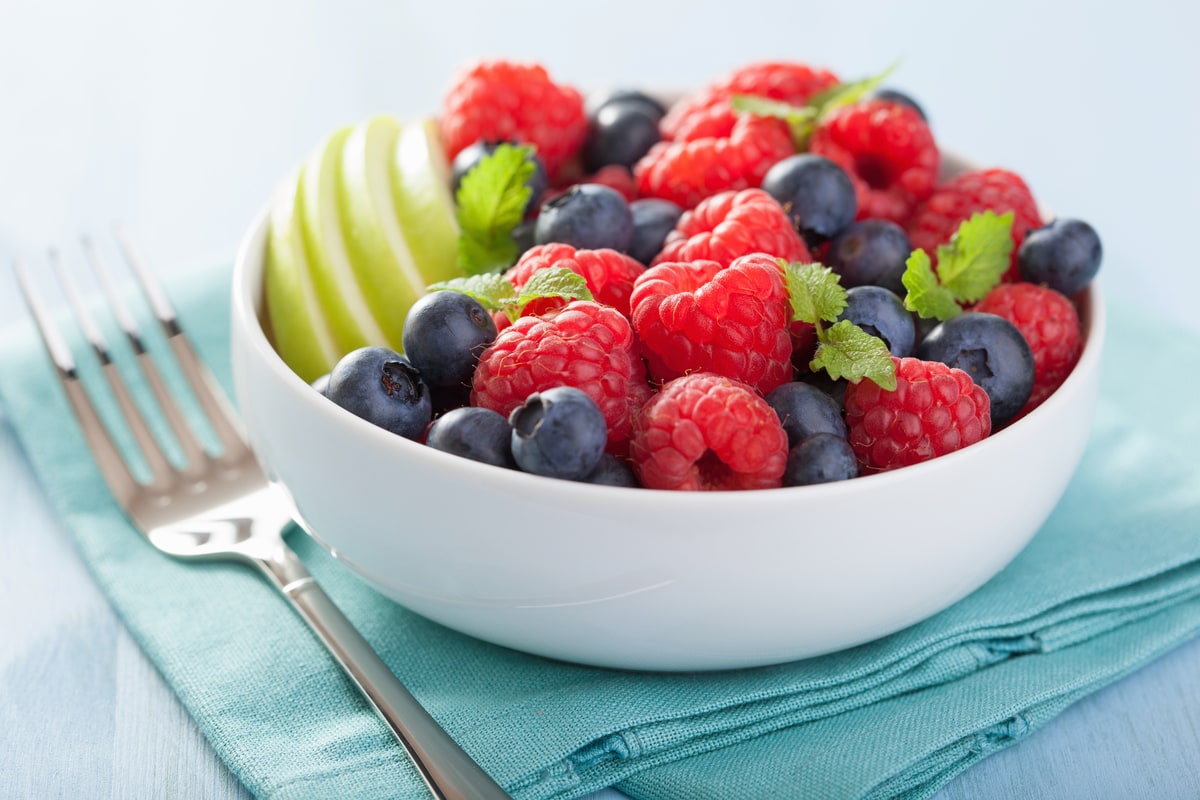
- Apples — Apples have many health benefits, but they are beneficial following a juice cleanse. This high-fiber fresh fruit is tasty but low in natural sugar content. Stick to the Granny Smith Apples for the most health benefits.
- Raspberries — Not only are raspberries delicious, but they are high in fiber that can help keep your digestive processes running efficiently. Raspberries are a great raw fruit to have as a snack.
- Blueberries — High in antioxidants, blueberries will help give your immune system a boost and promote good digestive health following a cleanse.
You can also start to introduce some healthy fats back into your diet. Fats are a great way to give you energy and are the perfect snack item to keep you on track with your diet and healthy lifestyle. Some of the best fats include:
- Avocados — While avocados are high in calories and fats, they provide your body with the proper nutrients to give you energy and help you feel full. These fruits are high in omega-3 fatty acids and are packed full of vitamins and minerals.
- Nuts — Not only are nuts the perfect snack size, but they are high in protein and good fats that will give your body plenty of energy.
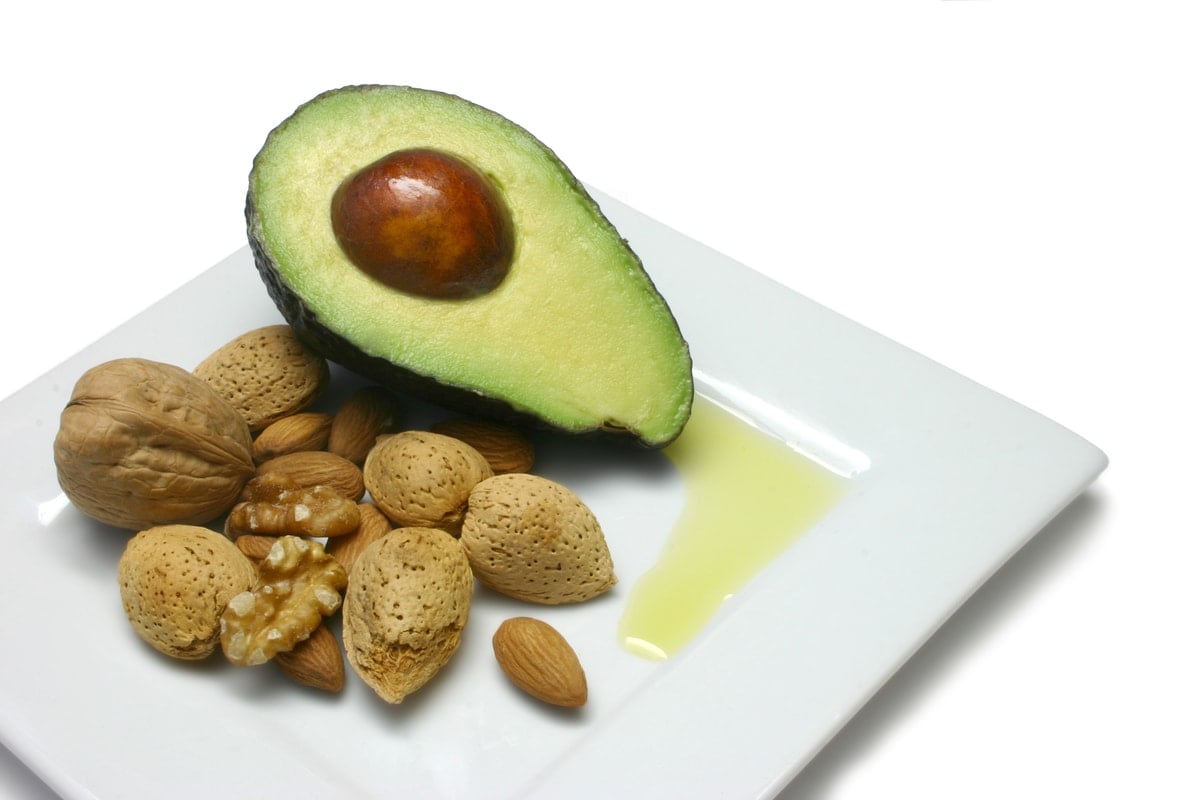
- Peanut Butter — Peanut butter is a healthy fat that can make raw vegetables like celery taste better. Try to look for all-natural or organic peanut butter that does not have added sugars. You can also substitute almond butter.
- Olives — Olives have loads of vitamin E, antioxidants, and fatty acids to keep your body well energized, and healthy following a juice cleanse.
Which Foods Should I Avoid?
After you have put in all the hard work through drinking juice only, you want to keep up the progress you have made. Maintaining a healthy lifestyle following a cleanse will not only make you feel better long term, but it can give you a better success rate for the cleanse in the short term. Some foods that you want to avoid following a cleanse include:
- Caffeine — Any caffeine is a bad idea following a juicing only diet. Adding caffeine back into your diet after it has been eliminated can cause headaches and drastically disrupt your sleep schedule. Avoid tea and coffee that is high in caffeine.
- Alcohol — Part of the juice cleanse involves detoxifying your body, which puts a strain on your liver. When you drink alcohol, your liver has to work overtime to remove the toxins from your body. Abstaining from alcohol following your juice cleanse will give your liver a much-needed break. Avoid liquor, beer, and wine following a juice cleanse.
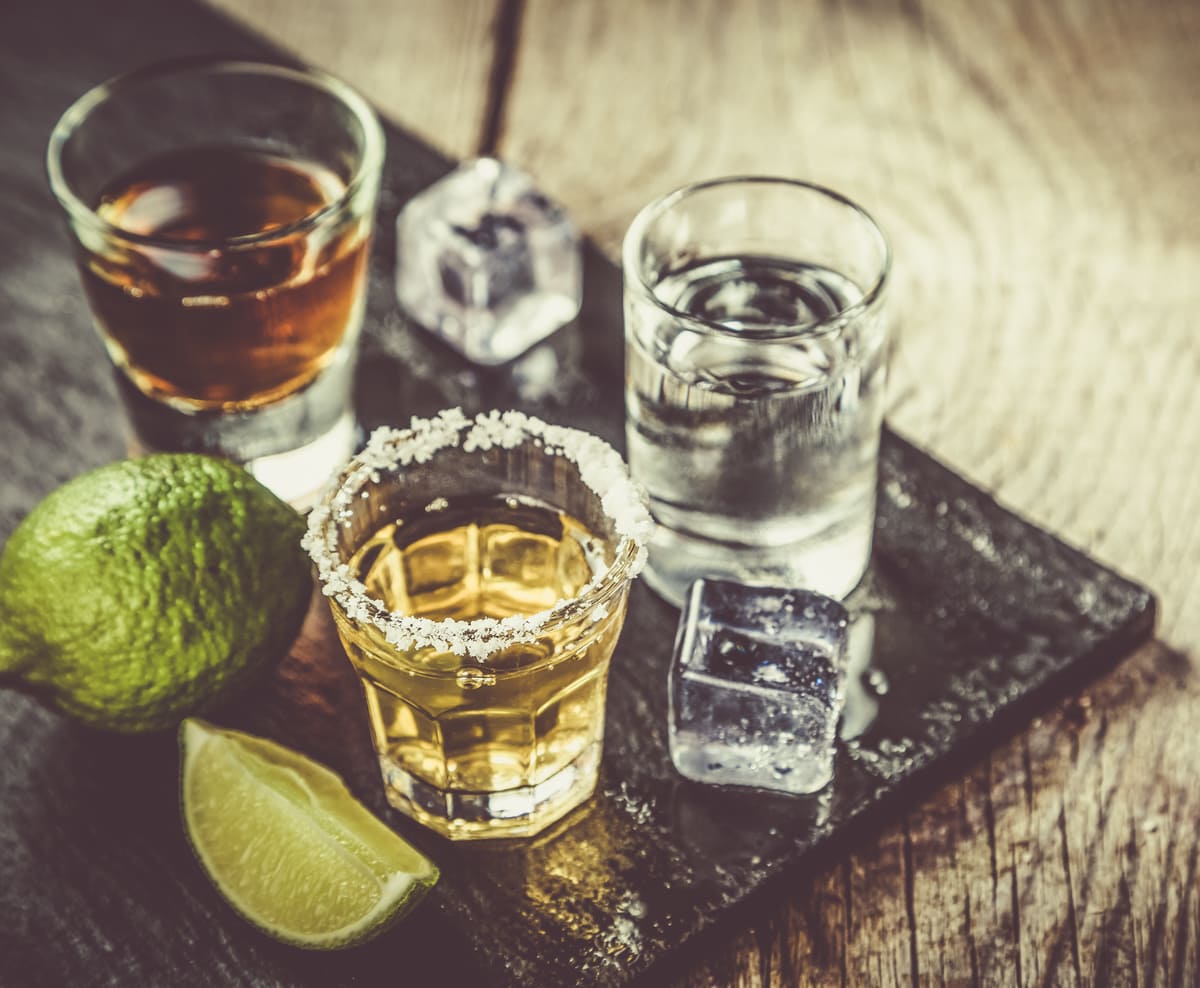
- Processed Sugars — Sugars are hard for your body to digest normally, but your body will struggle to process artificial sugars following a juice cleanse. Avoid high-sugar content foods like candy, sweets, and highly processed foods. Remember to avoid sugary drinks, like soda, too, following a cleanse. Some fruit juice may seem healthy, but can be high in sugar.
How Do I Maintain My Success?
One of the biggest challenges skeptics have with the juice cleanse diet is the failed success following a 3 day juice cleanse. Many people immediately jump into old eating habits and diets that can quickly undo all the hard work you have put into your juice diet. To avoid this pitfall, try to maintain the same amount of fruits and vegetables in your regular diet. Eating your veggies steamed, roasted, boiled, poached, or just raw can help give you variety in your diet.
Further, maintain small meal portions throughout the day. Having five or six small meals with controlled amounts of the right foods can help keep your body balanced. Not only will small meals help to prevent sudden weight gain following the juice cleanse, but it gives your body and organs a better chance at processing the foods quickly and effectively, improving your overall health.
Is Binge Eating Bad For My Body?
During a cleanse, your body is only used to highly nutritious fruits and vegetables pureed or pulverized. After three days of this specialized diet, your body has come accustomed to processing the natural fruits and vegetables and has worked hard to detoxify the body. As a result, your body is used to smaller portions that pack a wallop when it comes to vitamins and minerals.
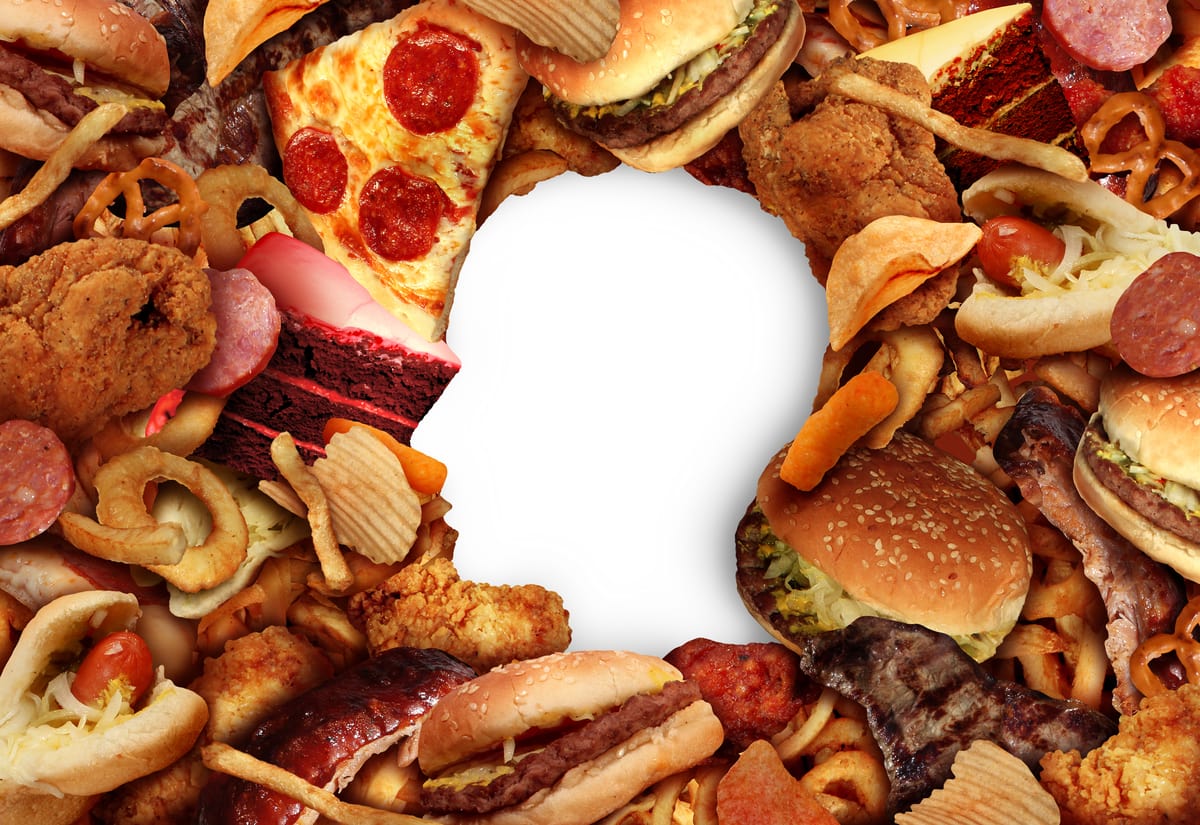
Although it may be tempting to eat the foods you avoided during your cleanse, avoid the urge to indulge. Binge-eating will not only undo all the hard work you have put into the cleanse, but it can make you incredibly sick. Adding large portions of highly processed foods and toxins can put a toll on your body. Essential organs, like your liver, pancreas, stomach, and gallbladder that work to process food through your body will have to work overtime. This extra strain can be taxing on your body, resulting in fatigue and illness.
Always be sure to work back to solid foods following a juice cleanse gradually. You will want to eat small portions of the right foods throughout the day to give your body time to adjust. The body is a fantastic and highly-tuned machine, but it needs the appropriate time and fuel to work as efficiently as possible.
Sources:
https://www.medicalnewstoday.com/articles/195878 - vegetable info - why they are good for you
https://www.emedihealth.com/health/toxic-overload-warning-signs
https://www.livescience.com/48887-juice-cleanse-dangers.html
https://www.medicalnewstoday.com/articles/287710
https://www.keckmedicine.org/5-very-real-dangers-of-binge-eating/

Leave a Reply